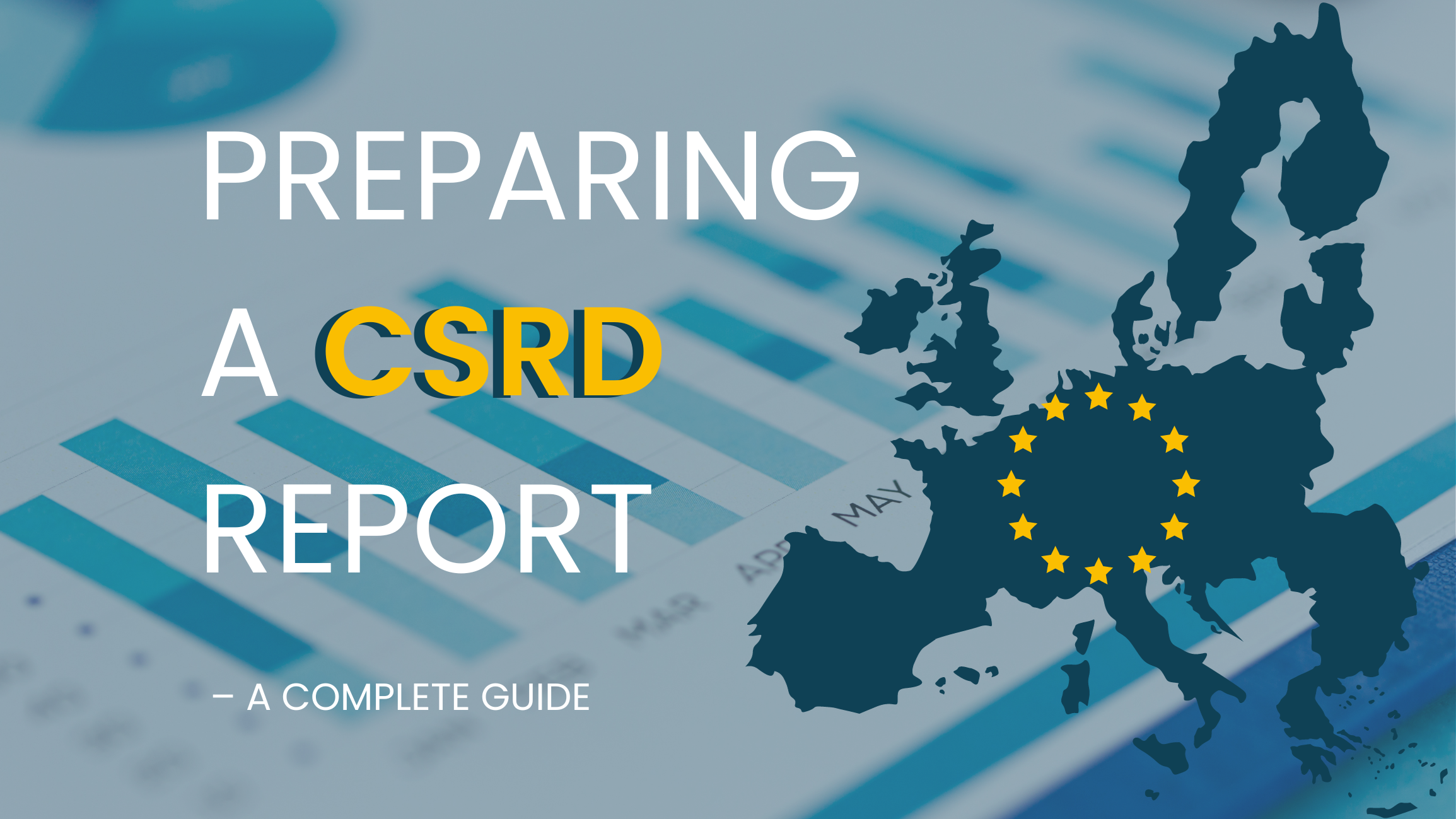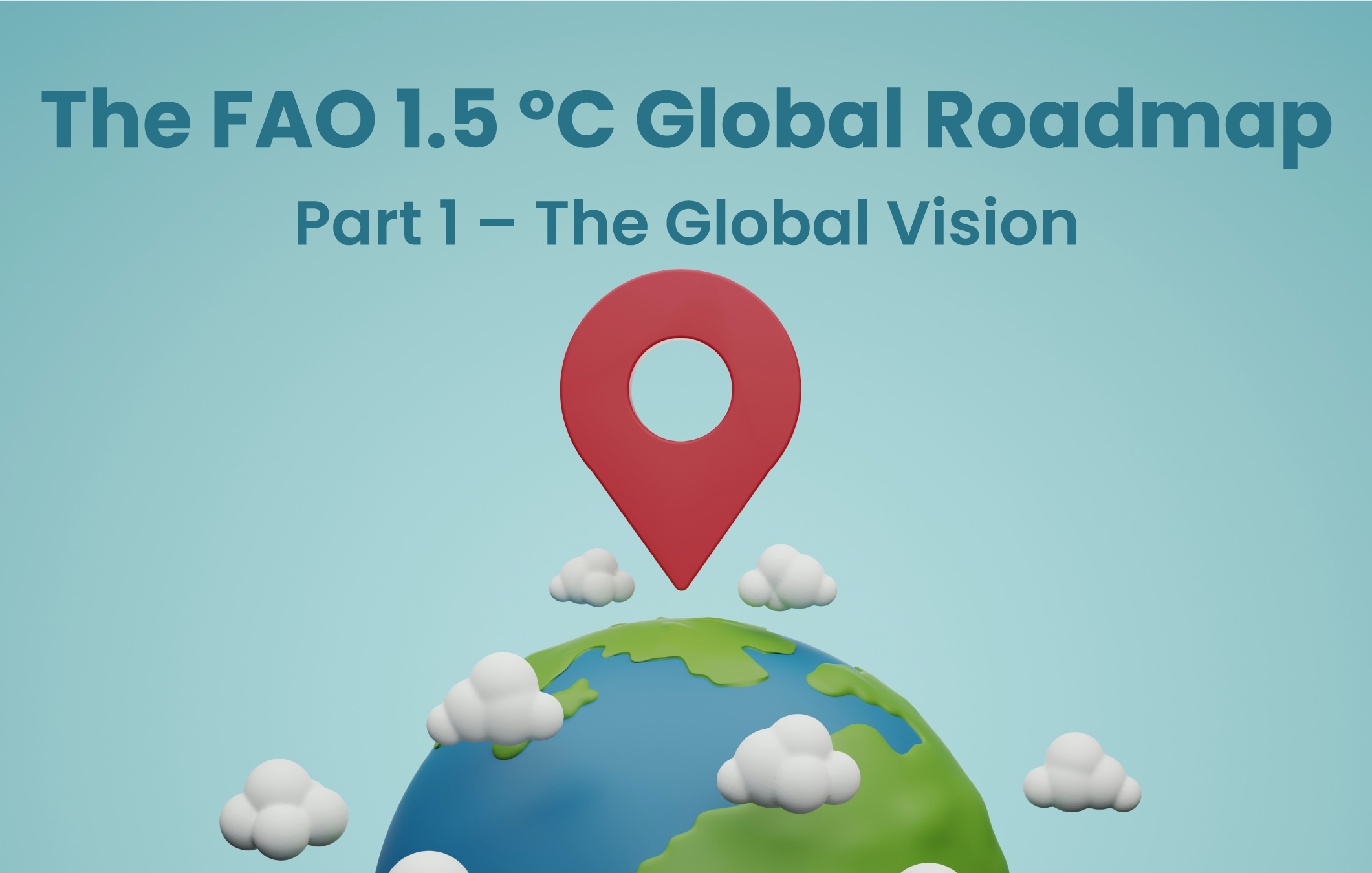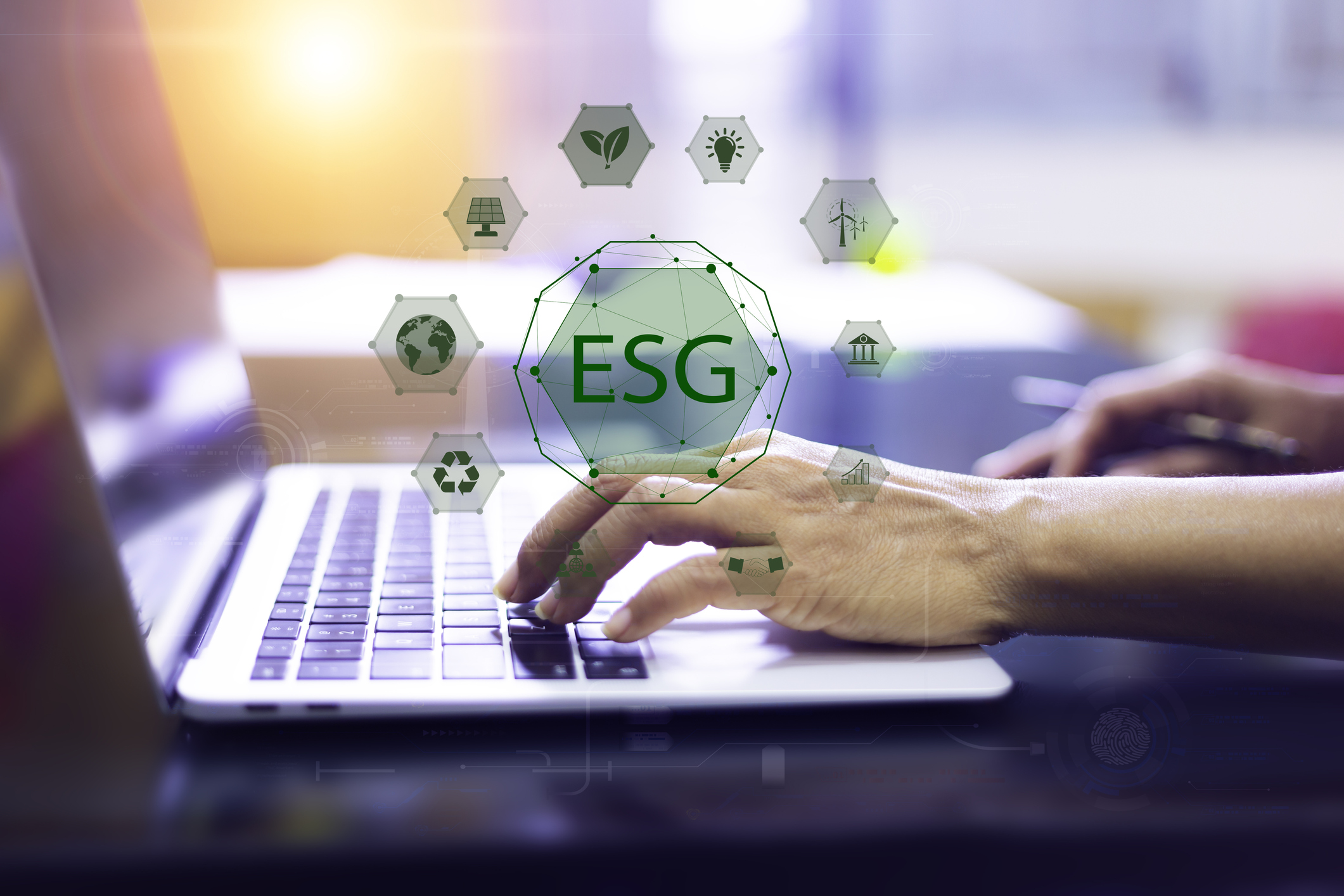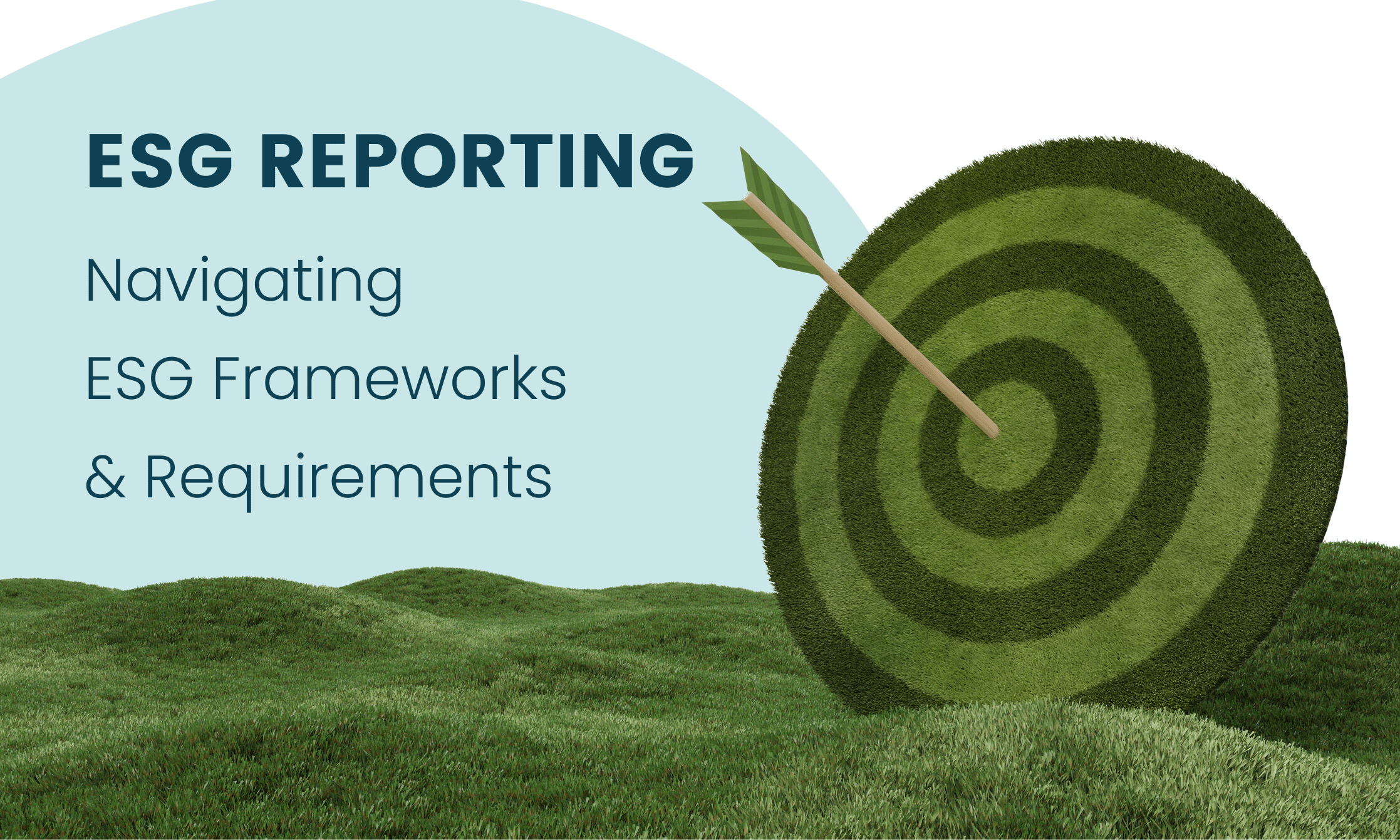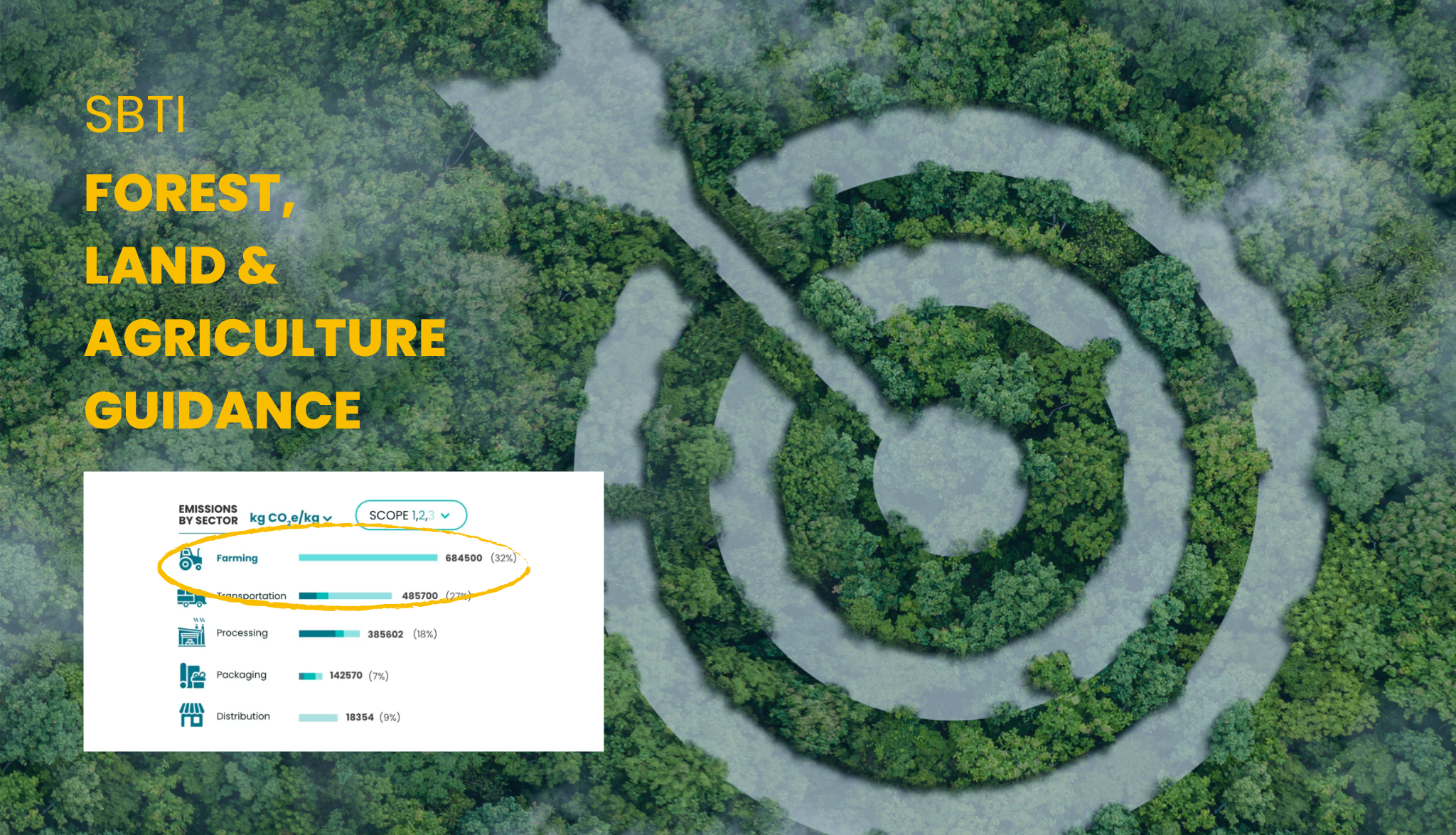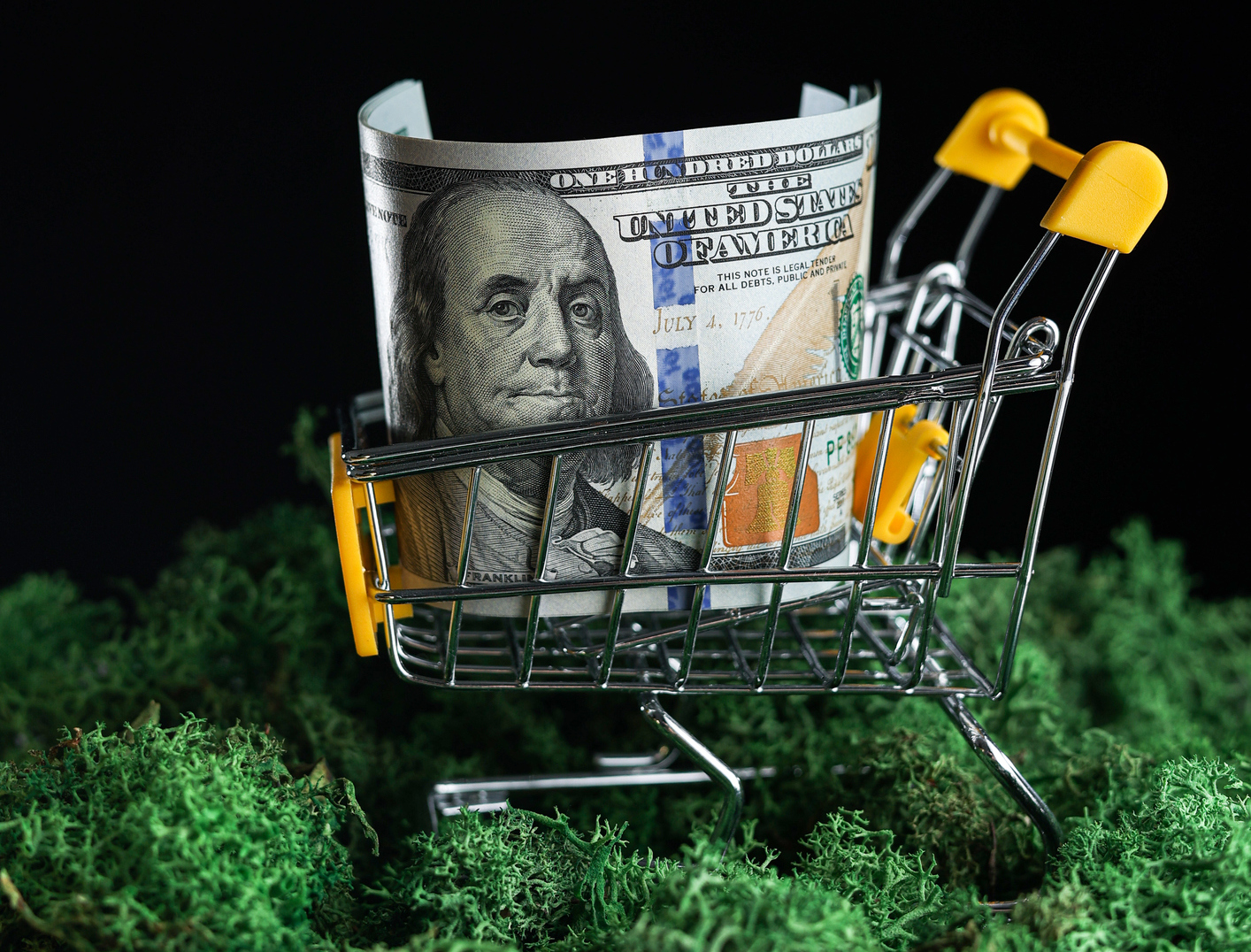New EU Directive on Misleading Green Claims
The European Council has adopted a new directive nicknamed the “Greenwashing directive” to protect consumers from misleading sustainability claims and other unfair commercial practices.
CSRD reporting: What you need to know
Preparing for CSRD reporting? Join the club of over 50,000 companies required to report on sustainability! Talking to companies preparing for CSRD, we have observed that their biggest concern is the m
FAO 1.5°C Roadmap: The net-zero plan for food
Discover the FAO 1.5 °C roadmap for transforming agri-food systems and achieving sustainable goals. Explore sector-specific solutions across domains like livestock, healthy diets, fisheries, and more
The net-zero transformation is data-driven
Tackling climate change is complex and change leaders often remark that there is no silver bullet. At CarbonCloud we not only agree with this point; we actively engage with it. But something comes dar
ESG Software Guide: The best tech stack for every company
Discover the top ESG reporting solutions in our expert guide! Find out how to choose the right ESG provider for your sustainability strategy. What Is An ESG Software? Who Needs ESG Software? Why Use a
Climate Action in the Food Industry: Half-Baked Efforts as 44% of Companies Remain at Initial Maturity Level
An in-depth analysis of 83 global companies in the food system reveals mixed levels of maturity along 6 dimensions of climate performance, but with a projected positive trajectory of climate action in
ESG Reporting: Navigating ESG frameworks & requirements
Learn all about ESG reporting standards to promote transparency, impress your stakeholders, and boost your brand. What Does ESG Reporting Mean? Why Is ESG Reporting Important For Companies? Mandatory
Food industry & Scope 3: A state of the art of food supply chain emissions
Scope 3 emissions are taking (rightfully and finally) center stage and the food industry is talking the talk. Since 2016, Scope 3 disclosures from food companies in CDP have increased by 113%. With mo
How to set SBTi FLAG targets – The Food Edition
The Forest Land and Agriculture Guidance from SBTi had retailers and food producers on the edge of their seats until its release in September 2022. Since April 2023 FLAG targets are a requirement and
Sustainability claims: A 56% growth opportunity for food producers and retailers
Attributing sustainability claims to sales growth has been a year-long quest with loose results for the food industry. A new market report puts the quest to rest, providing 5-year-long evidence that s


